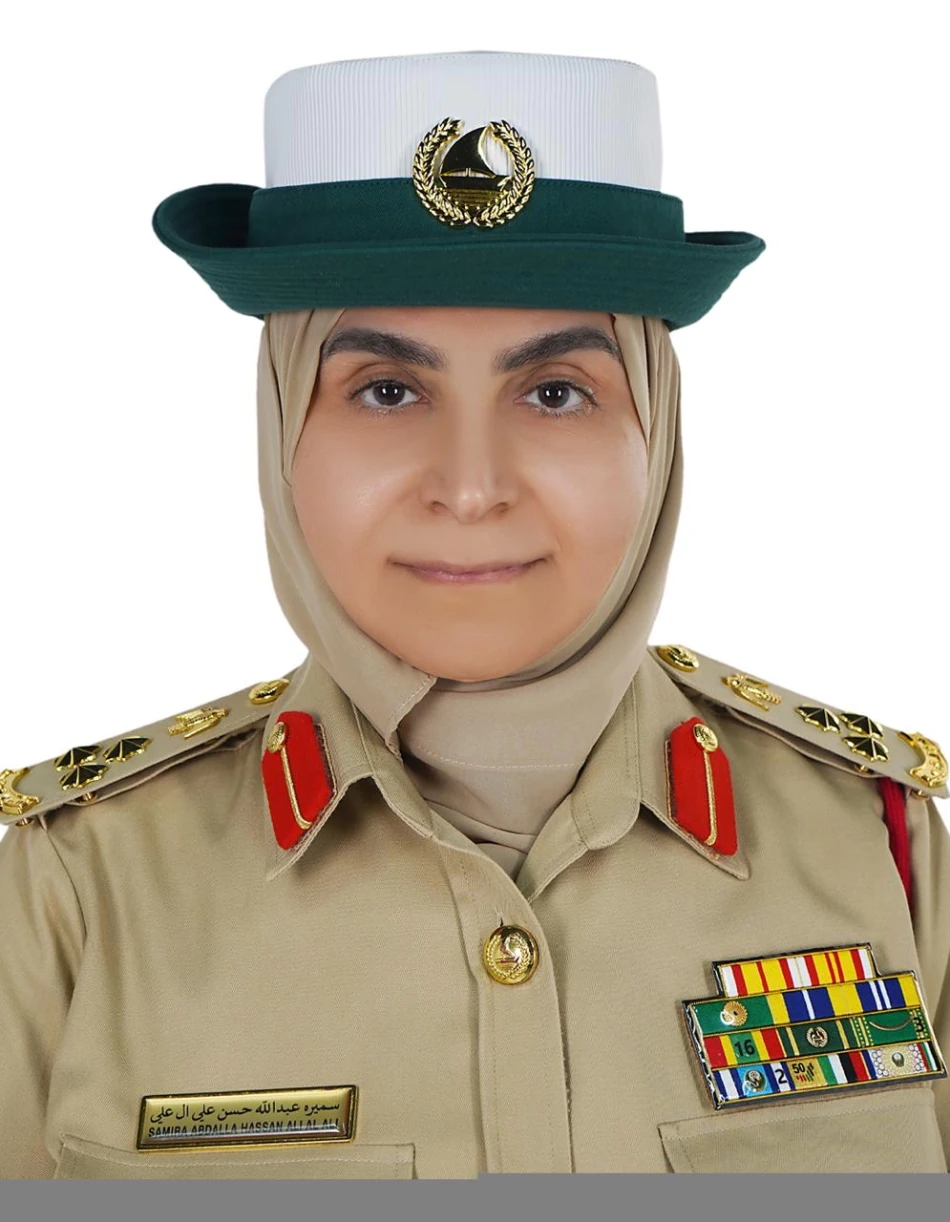
Dubai Police's Pioneering Woman: Samira Abdullah Al Ali Becomes First Female Colonel
Dubai Police Breaks 68-Year Glass Ceiling as First Woman Reaches Brigadier Rank
In a historic milestone for law enforcement in the UAE, Colonel Samira Abdullah Al Ali has been promoted to Brigadier, becoming the first woman to achieve this senior rank in Dubai Police's 68-year history. The promotion, ordered by Sheikh Mohammed bin Rashid Al Maktoum on the 17th of this month, represents more than individual achievement—it signals the UAE's accelerating push to mainstream women in traditionally male-dominated security sectors.
Three Decades of Pioneering Service
Brigadier Al Ali's journey to this groundbreaking promotion spans 31 years of distinguished service since joining Dubai Police in October 1994. Her career trajectory illustrates how specialized expertise can create pathways for women in law enforcement hierarchies globally.
After graduating from UAE University in 1991 with a degree in insurance, Al Ali initially worked in the private insurance sector for two years. A newspaper advertisement for a women's training course at Dubai Police Academy changed her career path—and ultimately, institutional history.
Building an Insurance Empire from Scratch
What began as a modest three-person insurance office has evolved under Al Ali's leadership into a comprehensive insurance management system covering all Dubai Police assets. This transformation reflects broader modernization trends across Gulf state security apparatus, where specialized civilian skills increasingly complement traditional policing functions.
Her department now handles cutting-edge coverage including drone insurance for police operations, workplace injury coverage for volunteers, and medical malpractice insurance for police medical staff—innovations that position Dubai Police ahead of many international counterparts.
Strategic Impact Beyond Symbolism
Al Ali's promotion carries implications extending far beyond gender representation. Her success demonstrates how technical specialization can accelerate career advancement in modern police forces, offering a blueprint for other women in law enforcement across the Middle East.
Innovation Through Insurance
Under her stewardship, Dubai Police's insurance operations achieved significant cost savings through data analytics and risk assessment—skills increasingly valued in budget-conscious government agencies worldwide. Her team secured the force's first five-year long-term insurance contract, indicating institutional confidence in her strategic capabilities.
The 19 intellectual property classifications in her portfolio, including the "Safe Driving Stars" initiative and smart insurance systems, showcase how operational efficiency can drive career progression in modern policing.
Regional Context and Broader Trends
Al Ali's promotion aligns with the UAE's broader women's empowerment agenda, which has seen female representation increase across government sectors. This mirrors similar trends in Saudi Arabia, where women have entered previously restricted fields including traffic police and border security.
However, achieving brigadier rank in a police force represents a more significant milestone than many civilian government positions, given the traditionally hierarchical and male-dominated nature of security institutions across the region.
Institutional Support Systems
Her success reflects systematic institutional support rather than individual exceptionalism. As chair of the "Al Dana Women's Committee" since 2017 and her involvement in 65 work teams throughout her career, Al Ali has both benefited from and contributed to networks supporting women's advancement.
The fact that her 22-member team includes three women suggests deliberate efforts to build female representation at operational levels—crucial for sustainable change in organizational culture.
Professional Excellence as Foundation
Al Ali's extensive professional development—participating in 163 courses and conferences, delivering 16 workshops, and providing consultancy services to over 21,000 beneficiaries—demonstrates the level of expertise required to break institutional barriers.
Her 392 badges, medals, and certificates of appreciation, combined with an MBA and IT diploma, illustrate how women in male-dominated fields often need to exceed standard qualification requirements to achieve senior positions.
Implications for Regional Law Enforcement
This promotion could accelerate similar appointments across Gulf Cooperation Council countries, where security cooperation and best practice sharing are common. Dubai Police's reputation for innovation makes Al Ali's success a potential model for other regional forces seeking to modernize their human resource strategies.
For international observers, her achievement highlights how specialized skills—particularly in areas like risk management and data analytics—can create advancement opportunities for women in traditionally closed sectors.
Al Ali's rise from a three-person insurance office to brigadier rank demonstrates that expertise, persistence, and institutional support can overcome historical barriers. Her success story provides a concrete example of how the UAE's stated commitment to women's empowerment translates into measurable career advancement in critical government institutions.
Most Viewed News

 Sara Khaled
Sara Khaled






